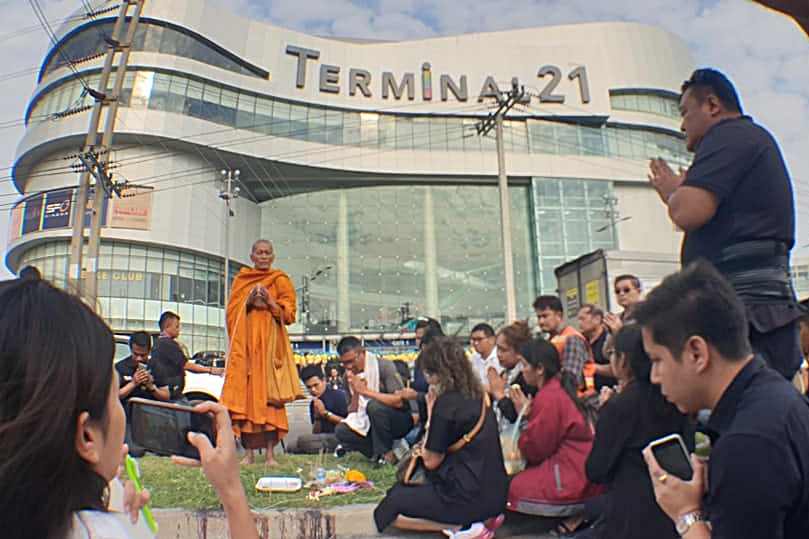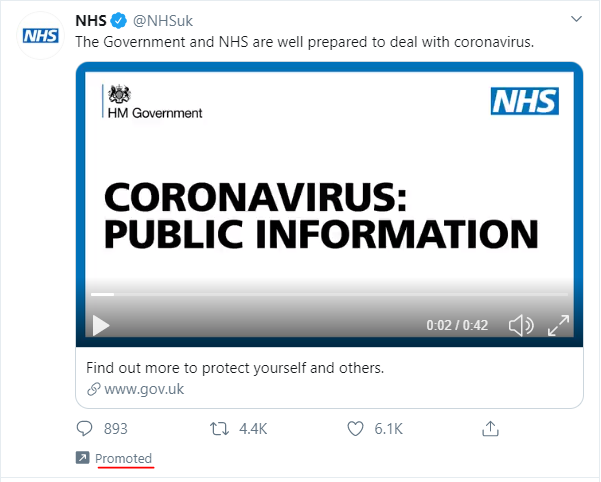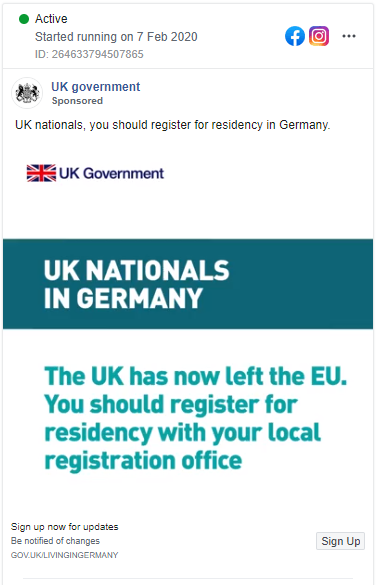The mass shooting in Nakhon Ratchasima (or Korat), Thailand, on February 8th has shocked the country, if not the whole world.
As a child who grew up in that city, I find it inconceivable that such carnage could happen in my quiet and reticent province.
30 people were killed, including the attacker, and many were wounded. It will certainly take time for the community to heal, and research and analysis to understand the event and to prevent it from happening again in the future.
In the aftermath of the shooting, many accounts of those who were trapped inside the mall started surfacing online. During the attack, they were desperately looking for information on social media about the ongoing incident, but ended up being confused and uncertain about which sources could be trusted.

Two days after the attack, Thailand’s Crime Suppression Division released an advisory on how citizens should act when facing a crisis such as this one. One advice is to follow “trusted social media accounts” and ask for help from them when needed.
In my opinion this is not a solution. Firstly, people don’t act calmly during crises. People won’t sit and look for (or interact with) the “trusted social media accounts” while they panic. Secondly, mass hysteria and misinformation can go viral on social media due to trending algorithms. Genuine information on normal social media posts becomes less visible this way.
I believe that the government must step up, take responsibility and create a future-proof communication protocol to deal with a crisis situations such as this.
A more effective way for government or emergency services to communicate in the right place at the right time is online microtargeting: displaying targeted, real-time ads on Facebook, Twitter or Google, tailored to specific group of people who are in specific affected areas.
The UK Government adopted a form of this method as a response to the Coronavirus outbreak in recent days.
Twitter users who live in the UK see the following Coronavirus public notice video clip by the National Health Service (NHS) while scrolling through their feeds.
The “Promoted” sign at the bottom indicates that unlike other posts, this is a paid advertisement. It is also likely to be targeting only people in the UK.

Another major anxiety for UK citizens these days is about preparing for life in the EU after the Brexit transition period.
On Facebook, the UK Government targets different groups of its citizens based on the different EU countries they live in with video clips tailored to each country:
In the Netherlands, an ad advises UK citizens to apply for residency and a Burger Service Nummer. In Germany, UK citizens should go to the local registration office. Those who live in Spain and Italy will also need to ensure they will have access to healthcare.
In addition to reaching the right people when they most need it, something normal social media posting cannot achieve on time, these surgically precise public communications also require much lower budgets or airtime than traditional forms of media such as TV, radio or general broadcasting.
In Thailand, in the case of a mass shooting, an emergency digital media team could set up separate campaigns tailored to people based on their location relative to the immediate crisis zone.
For example, the people who are directly inside the crisis zone could be asked to stay low. Those who are nearby could be advised to safely distance themselves. And those who are in the city could see a simple advice to avoid the affected zone. This would also help better coordinate resources.

Microtargeting, when used effectively and ethically, can help reduce mass panic, curtail misinformation, keep people informed and potentially save lives, as well as help coordinate smoother rescue efforts.
Nanthida Rakwong
Co-founder & Chief Strategist
Worldacquire
About Worldacquire
Worldacquire is a political tech firm in London providing digital strategy, advertising and analytics solutions. We managed election campaigns in Hong Kong, contributing to the 2019 landslide pro-democracy victory, and in Thailand, supporting one of the country’s first LGBTQ+ candidates, using technology to cut through electoral red tape. At the United Nations Internet Governance Forum, we called for a fair and balanced regulation of online political advertising and greater transparency of other sources of digital manipulation. We work with governments, think tanks, intergovernmental organizations and social ventures to understand and apply digital technology, A.I. and algorithms effectively and ethically.